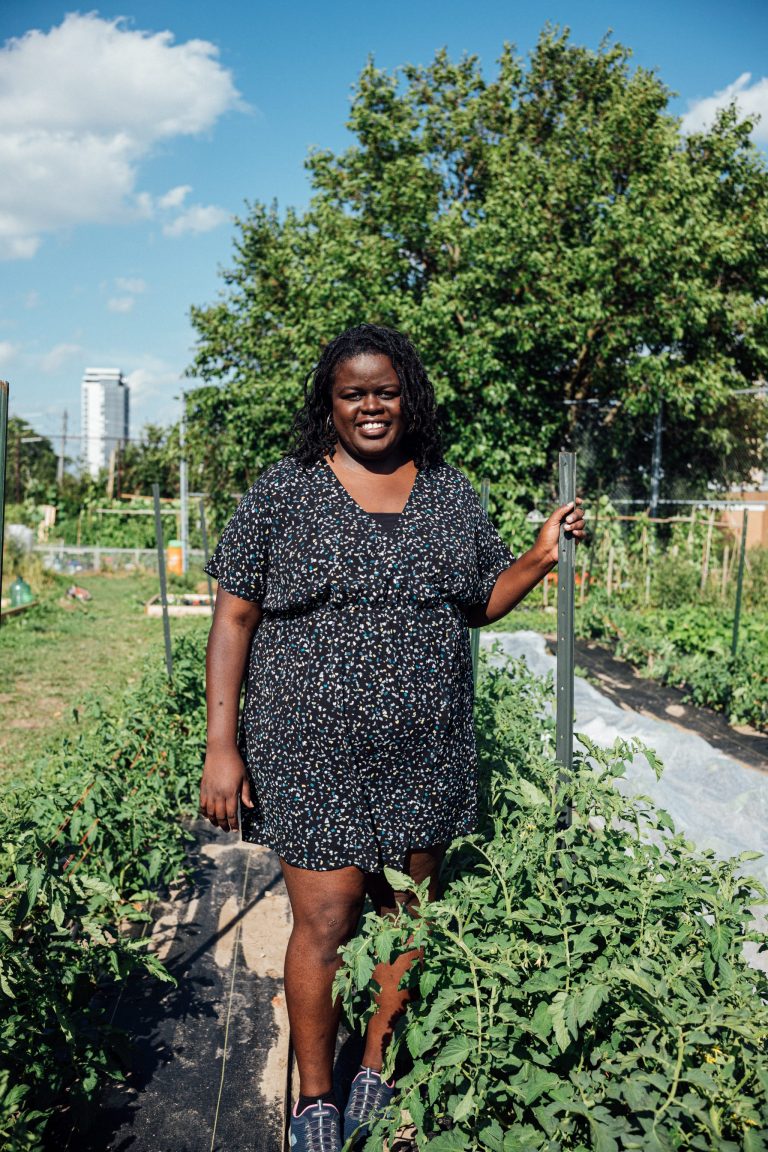As anti-racist protests and news of police brutality continue to be broadcasted across Canada and the United States, local organizations and community members in the KW Region are beginning to offer more resources for those dealing with the grief and trauma that comes with the increased media attention.
The Black Lives Movement – Waterloo Region has continuously advocated for Black communities experiencing systemic violence, and now community leaders are working to promote the mental health and wellness of Black and Indigenous peoples, while also supporting racial justice programs within the Waterloo Region.
The Black Lives Movement – Waterloo Region is also supporting Black-led and focused groups through their Black Community Solidarity Fund. The online fund is a way for Waterloo community members to engage and provide support to local Black-led, youth-focused and anti-racist projects and associations. The funds raised by the Black Community Solidarity Fund will be split towards both local organizations and international initiatives, which will receive 20 per cent of the funds. So far, the Black Community Solidarity Fund has raised almost $153,000 from contributions made by the public.
The African Community Wellness Initiative (ACWI) is another local association that is using culturally responsive and informed approaches to promote the wellness of African, Indigenous and Black-identifying communities.
The ACWI also leads the Young City Growers, which focuses on creating urban agricultural opportunities for local youth, while also inviting them to get engaged and reflect on their mental health and wellness in a safe space. The group is one of the local organizations that are receiving funds from the Black Community Solidarity Fund.
Since its conception in 2010, the ACWI has been facilitating healing circles as a way of assisting with mental health resources. With these healing circles, usually held outdoors in local community gardens, participants can engage in conversations surrounding race and allyship.
ACWI has also started the Racial Justice Network, a collective of local Black practitioners, leaders, and representatives from African Caribbean Black (ACB) communities can respond and engage in conversations surrounding concerns on anti-Black systematic racism within the Region. With the Racial Justice Network, the ACWI has created a number of programs with the goal of promoting wellness in ACB communities.
“[Our practice is] based on the understanding that the land plays a part in our holistic wellness,” said Fanis Juma, founder and lead practitioner of the ACWI. “We are able to create a space where people can disclose if they have issues, and through the garden, people can access their own healing or recovery.”
According to Juma, there has been an increase in calls and requests for mental health resources within the Region.
“People have been feeling very triggered especially right after George Floyd’s killing,” said Juma. “It wasn’t just the public, even our own practitioners were feeling highly triggered.”
In the fall, the ACWI are planning to host more social circles that will focus on healing, as well as educational circles that will cover racial protests, social state violence and police violence.
“We’ll also have circles that people can register for that are more [education-based] for folks just on anti-racism from our perspectives, and people who are wanting to advance their own anti-racist practice,” said Juma.
ACWI will also begin offering culturally-informed Afrocentric counselling services to any community members seeking mental health support within the next few months. Staff at ACWI are trained for Afrocentric Clinical Therapeutic Practice, and to comply with social distancing practices they will offer their services over the phone or video chat.

